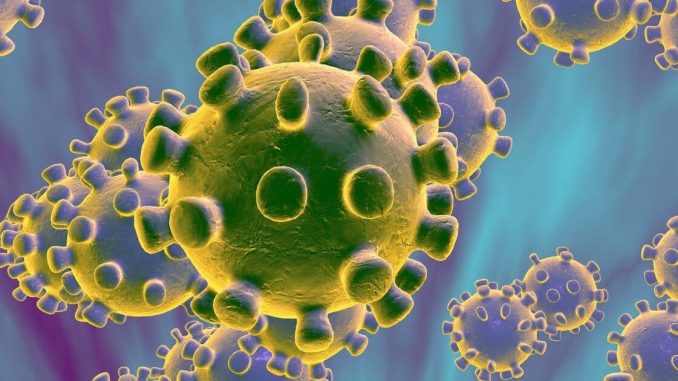
This is astounding! If you test positive for COVID-19 you are legally bound from knowing the strain you have. Not only you but your doctor as well.
The Centers for Medicare and Medicaid Service (CMS), oversees the regulatory process for labs in the United States. The tests that determine variants in coronavirus samples are genome-sequencing. The CMS regulations require federal approval of genome-sequencing tests before their results shared with doctors and their patients.
There are more than 50 public laboratories in the United States that have the capability to determine the variant but none of them have completed the validation process and therefore are not allowed to disclose the results to the doctor or patient.
Why? Because it is just too expensive according to an Insider report.
According to Kelly Wroblewski, director of infectious diseases at the Association of Public Health Laboratories, “The process of validating a next-generation sequencing test is burdensome,” Wroblewski said. “It takes a lot of time. It takes a lot of data. It takes a lot of resources. And the thing about the variants is that variants of concern and of interest are constantly changing, so you would have to do a whole validation every time you have a variant.”
The validation process requires a manufacturer to collect data to prove that the test is successful at detecting a specific variant. They must then request emergency authorization from the Food and Drug Administration or laboratories can validate their genome-sequencing tests “in house,” which means the manufacturer collects the same data for CMS approval.
“The letter of the law from CMS is that if you don’t go through this full validation process, you cannot release the results with patient identifying information,” Wroblewski said.
The validation process for each variant could takes weeks to months at a high cost to the lab. “I don’t think there’s a lot of motivation, quite honestly, to get that done,” Wroblewsi said.
Just what would give the labs the incentive?
“At this point, unless we see something that truly is going to direct your therapeutic choice at an individual patient level, there’s not a lot of benefit to a physician or a patient in knowing you have Delta,” Wroblewski said. “There’s nothing differently that a physician is going to do to treat that patient.”
According to Wroblewski, the main purpose of sequencing is to detect new variants and their impact on the efficacy of diagnostic tests, treatments and vaccines. They also hope ascertain whether certain variants cause more severe outcomes in certain populations, such as pregnant women or the elderly.
“If we see later there’s going to be true impact on a therapeutic that’s used to treat SARS-CoV-2, then yes, we’ll very likely change our approach,” Wroblewski said. “But at this moment, we’re not there yet.”
So, thanks to government regulations, you are not allowed to know the variant, your doctor is not allowed to know the variant, but an unknown epidemiologist knows the variant. Seemingly the government knows the rate of variant infections, specifically the delta variant, even though only roughly 50 labs the US have the capability.
It is all very fascinating, isn’t it…
